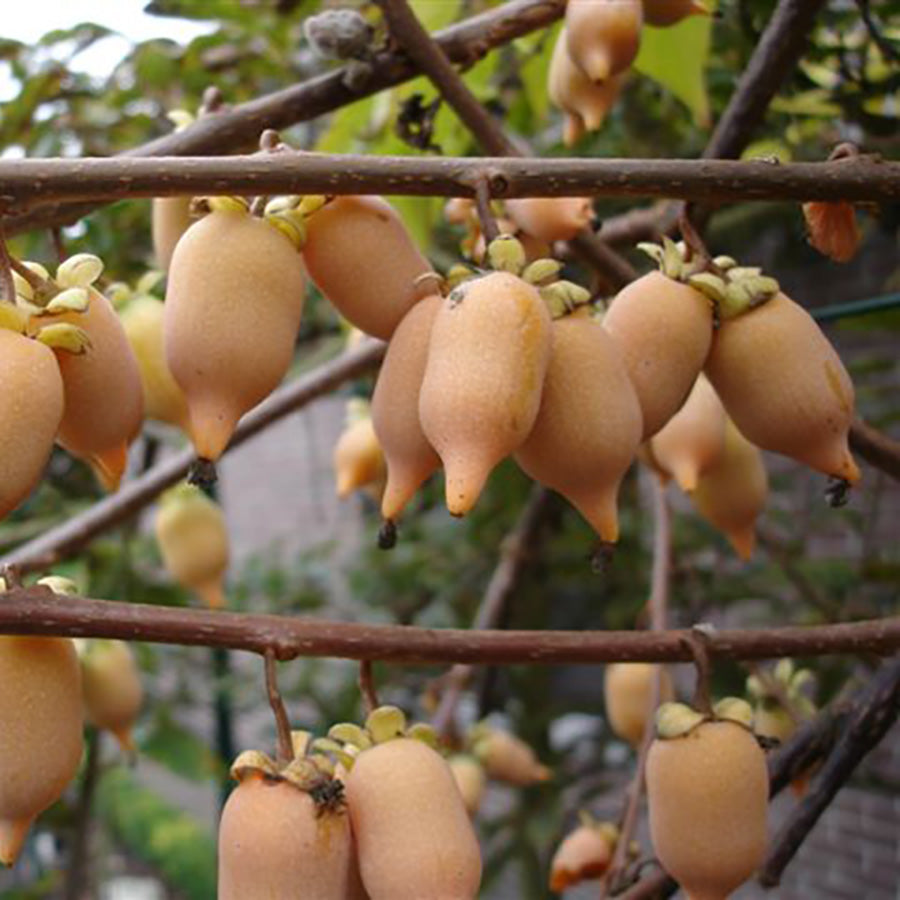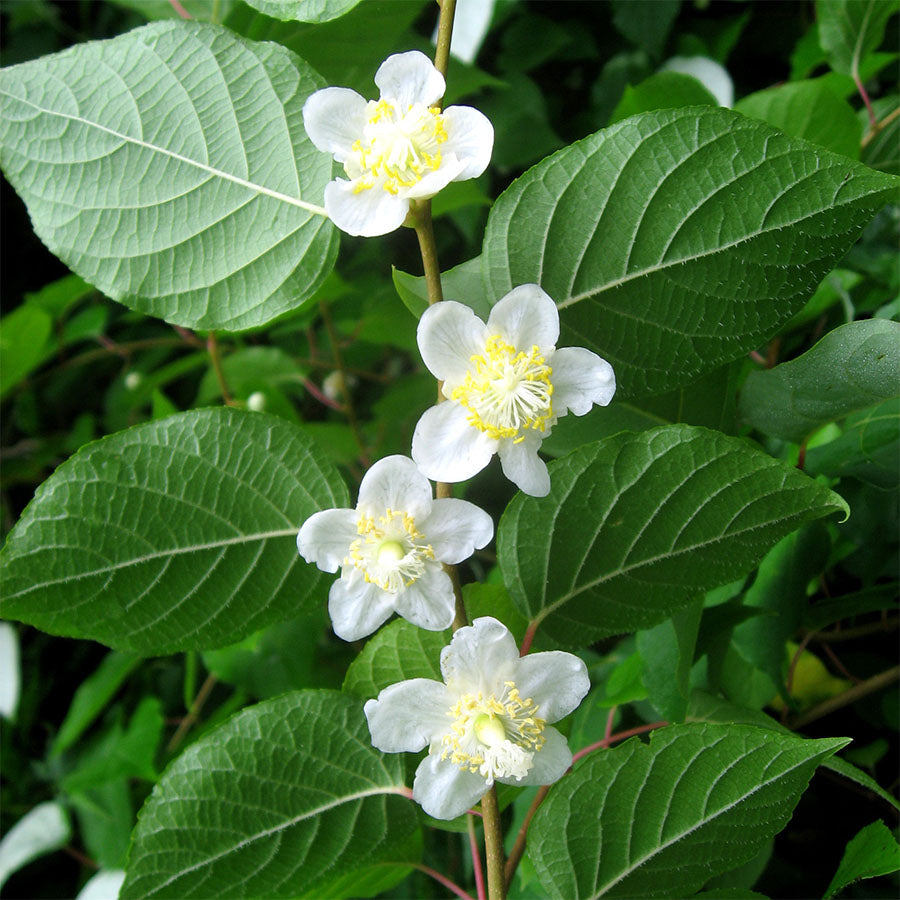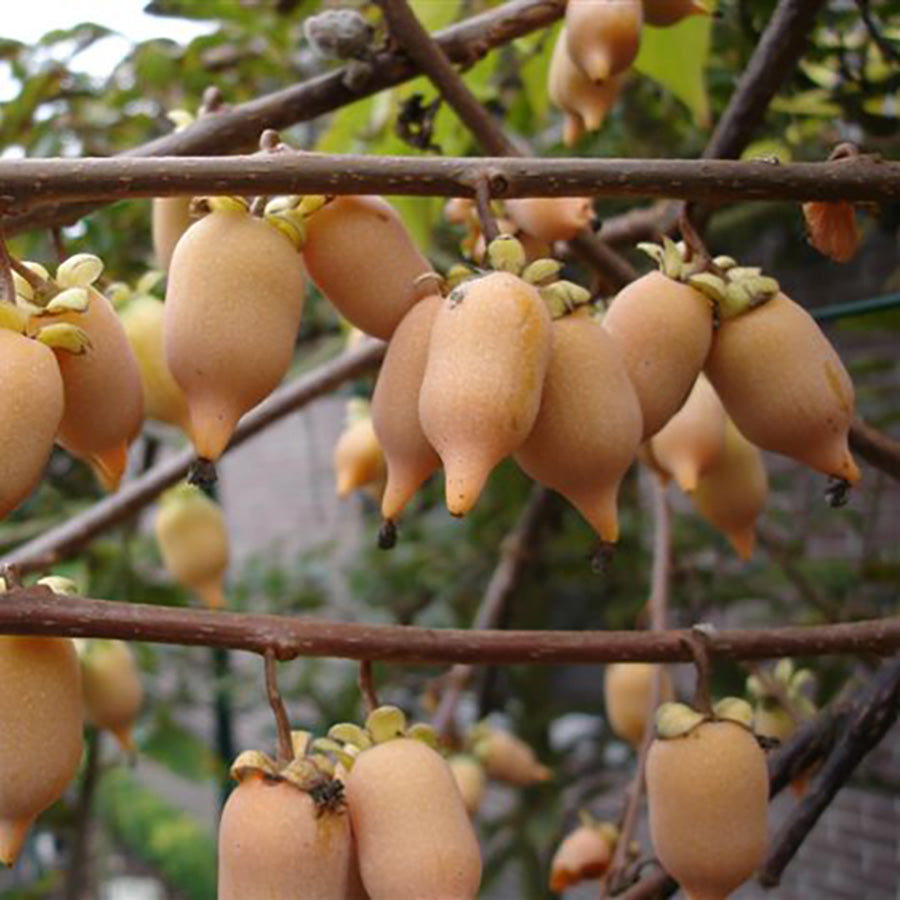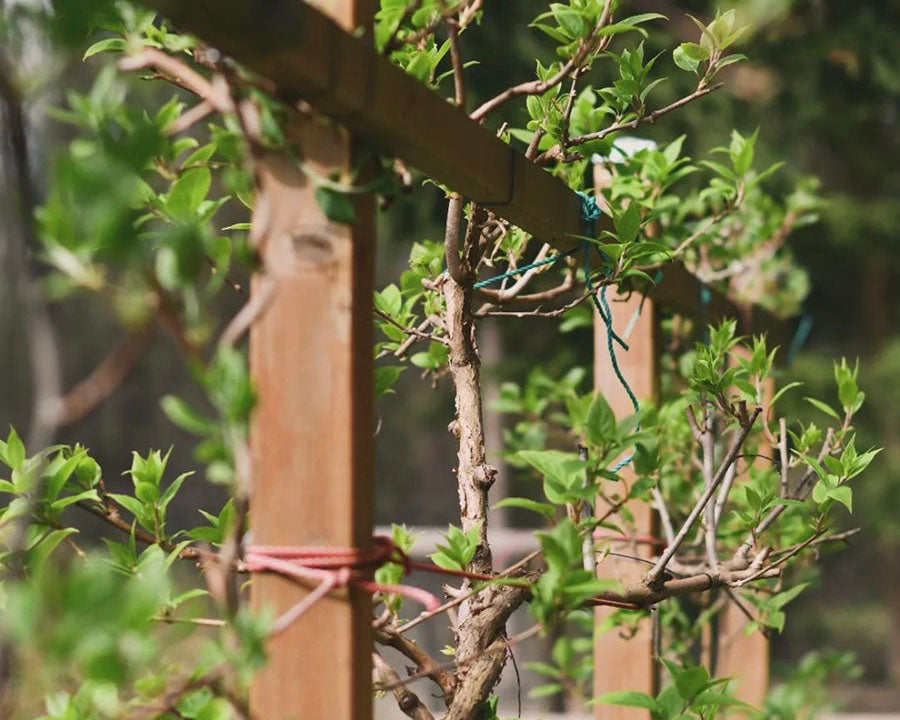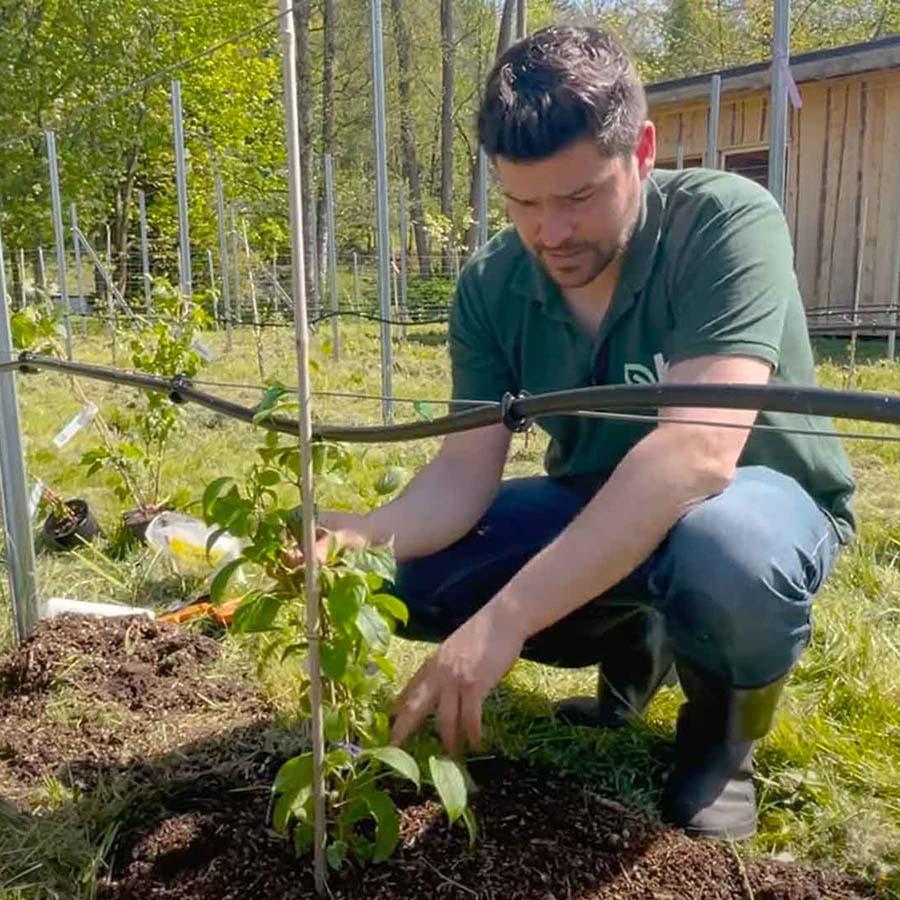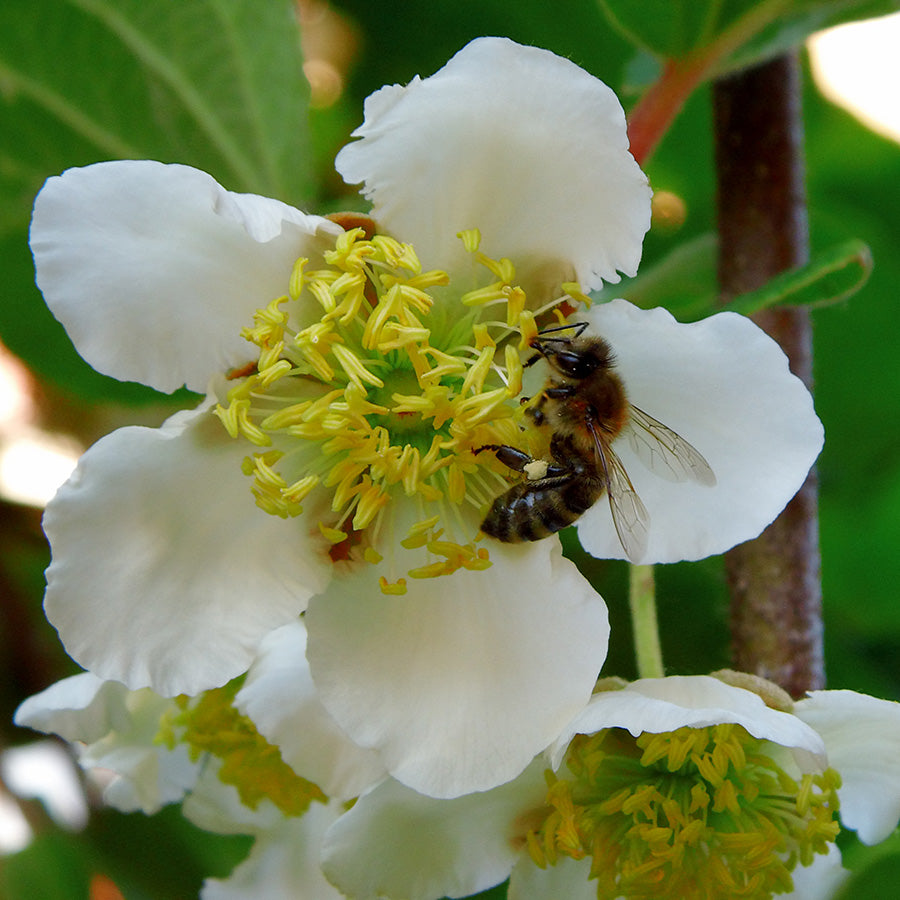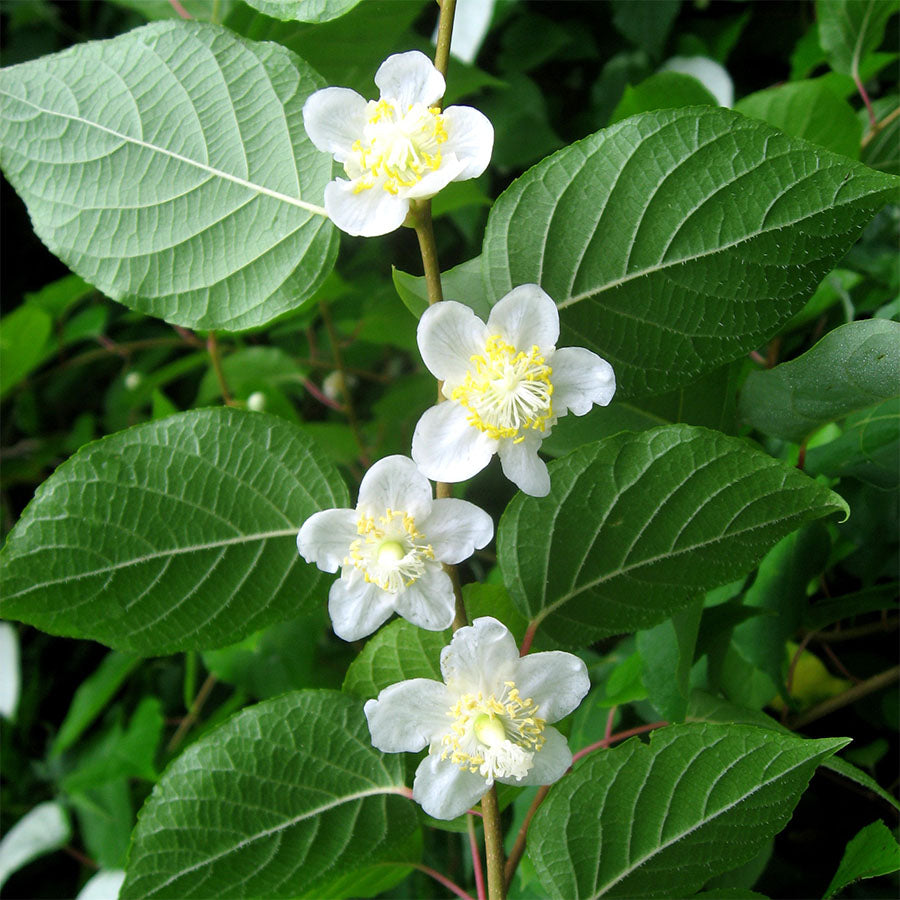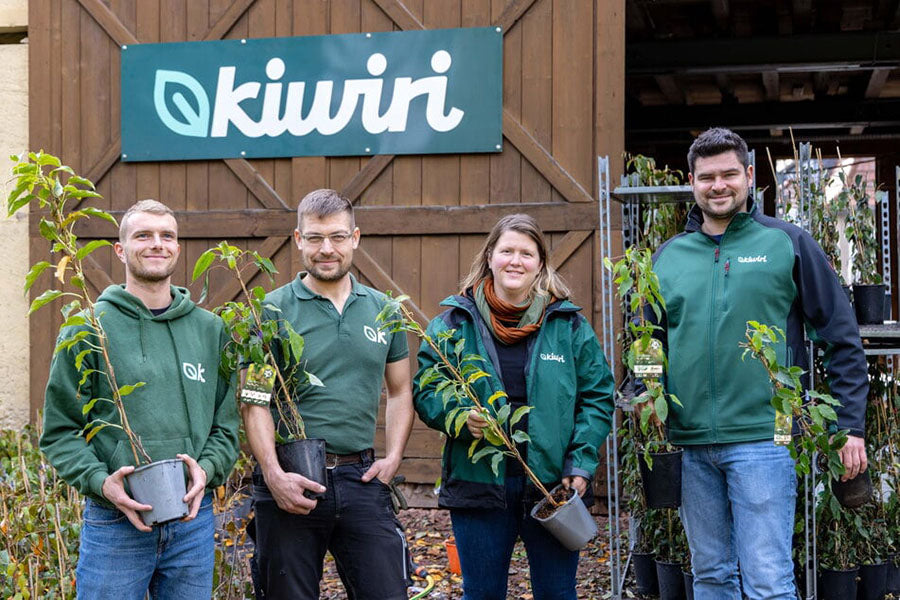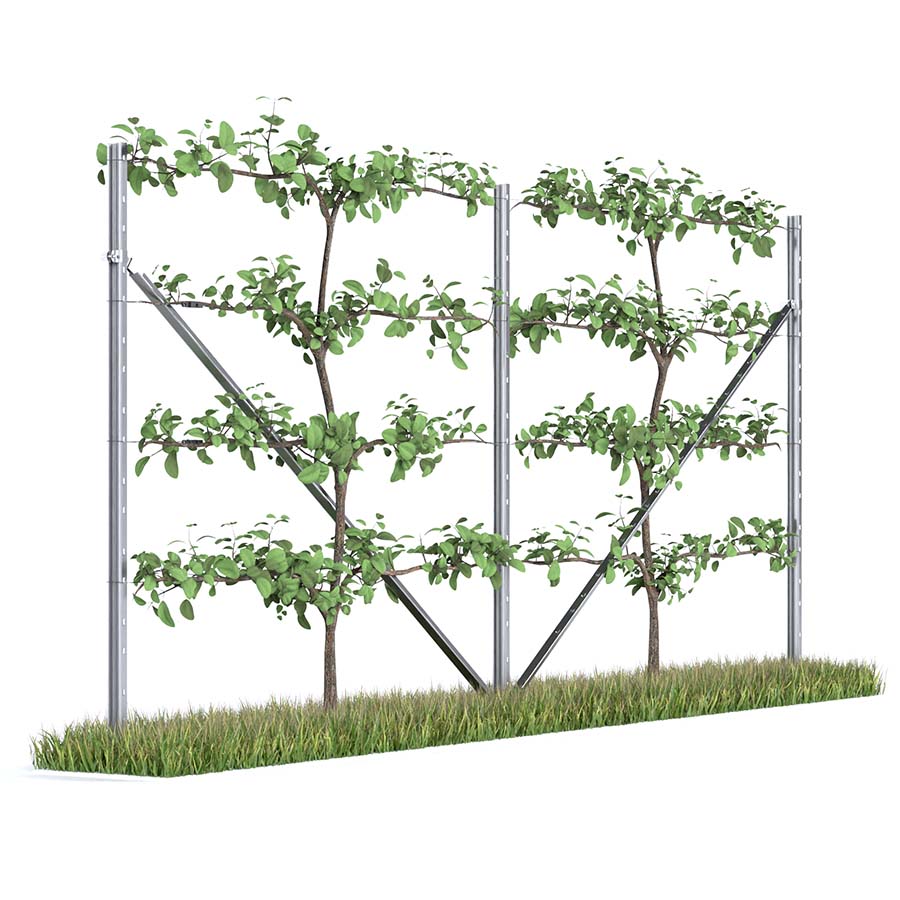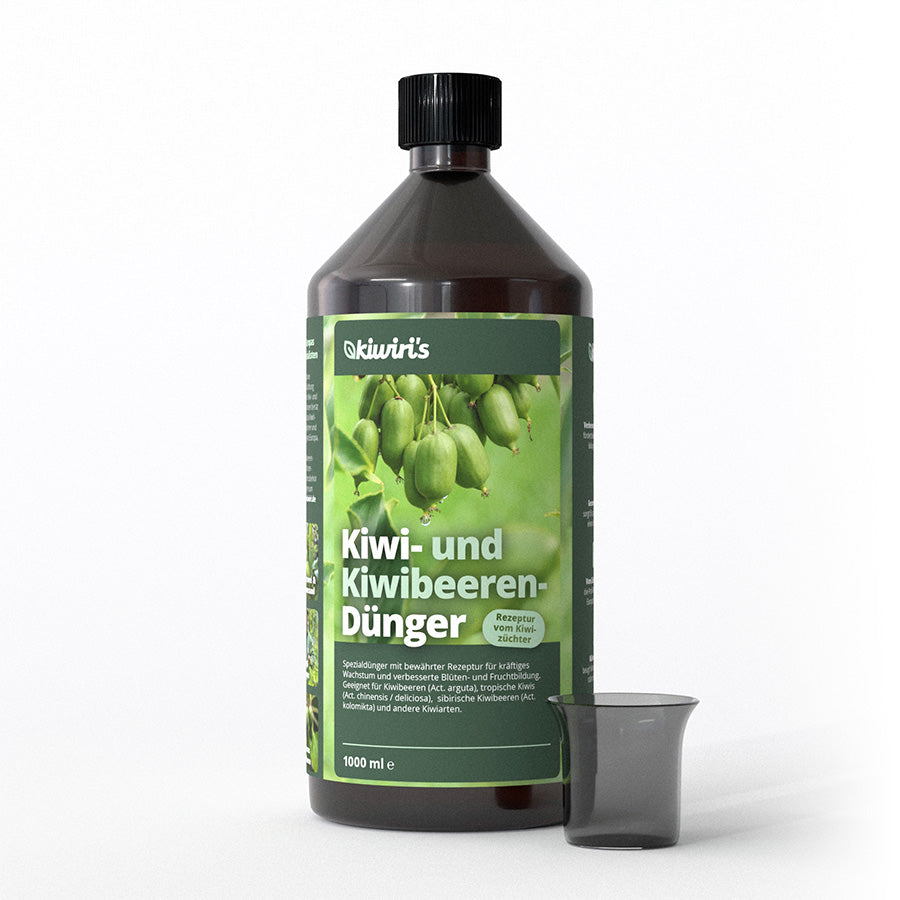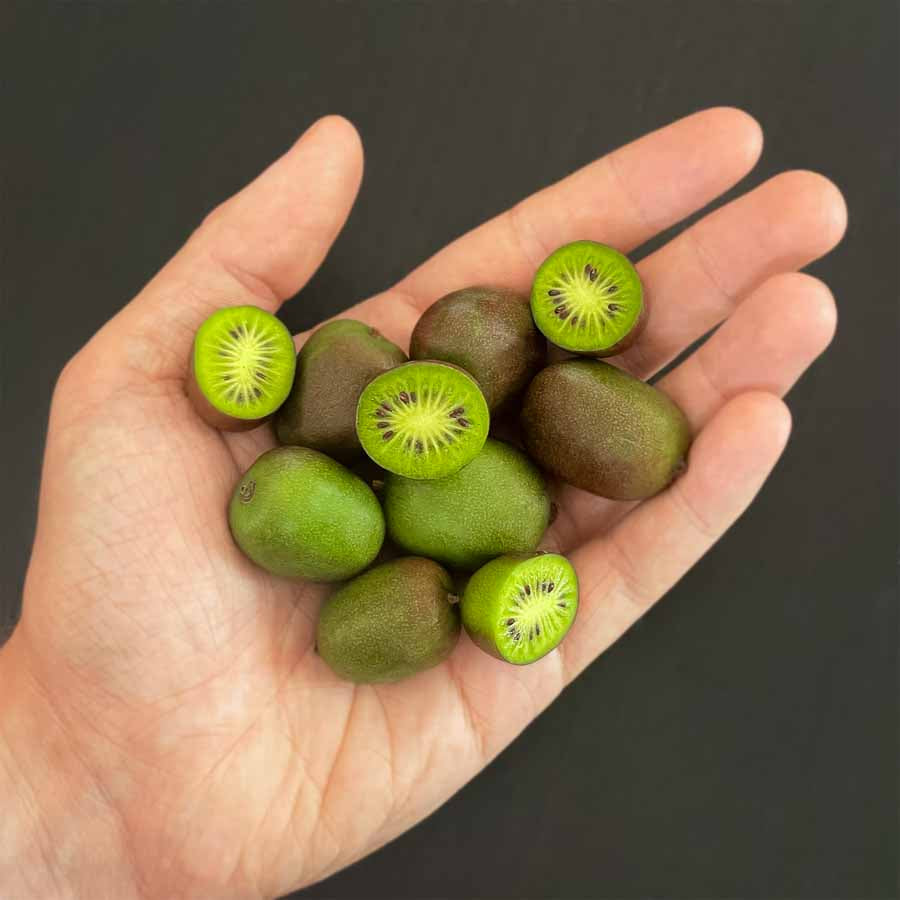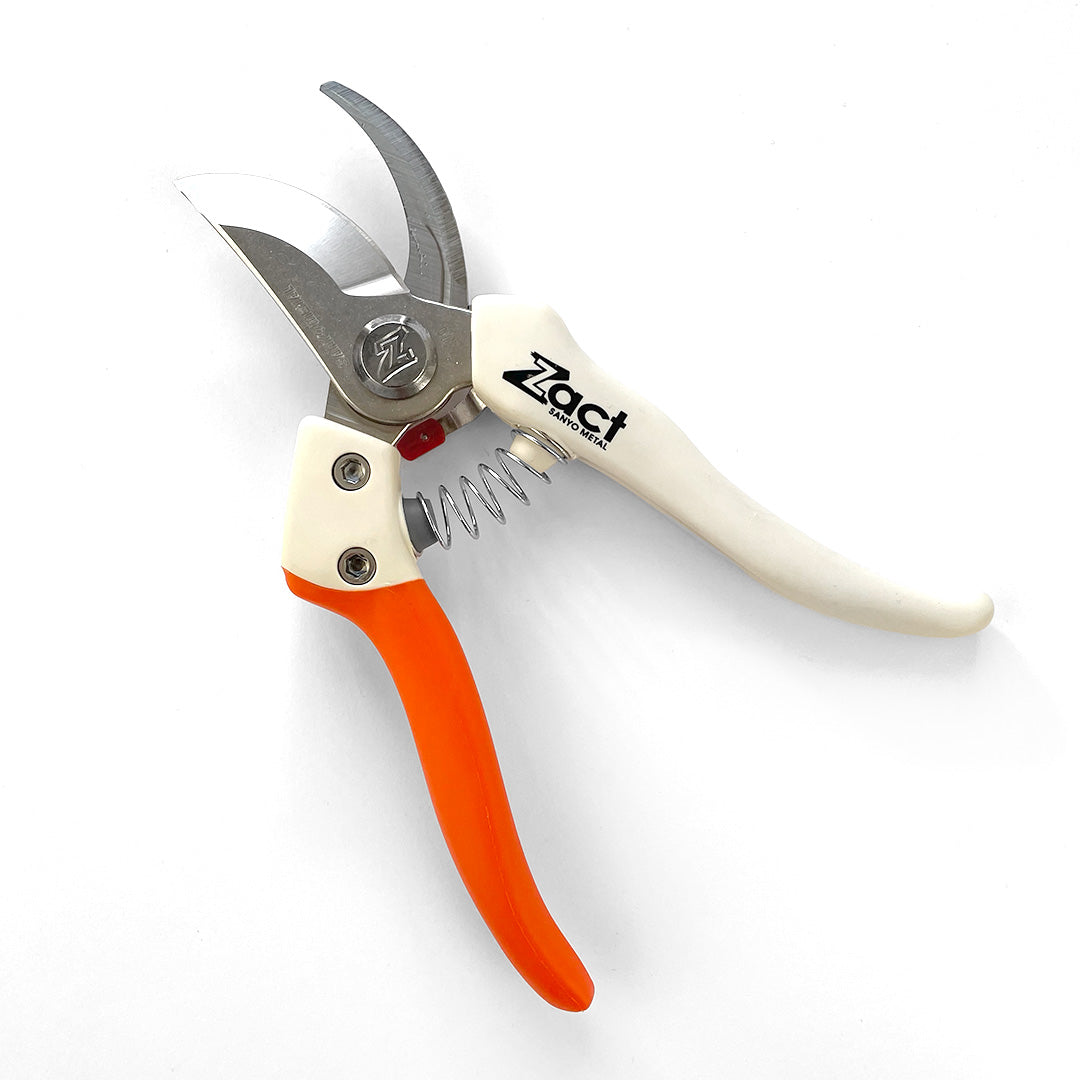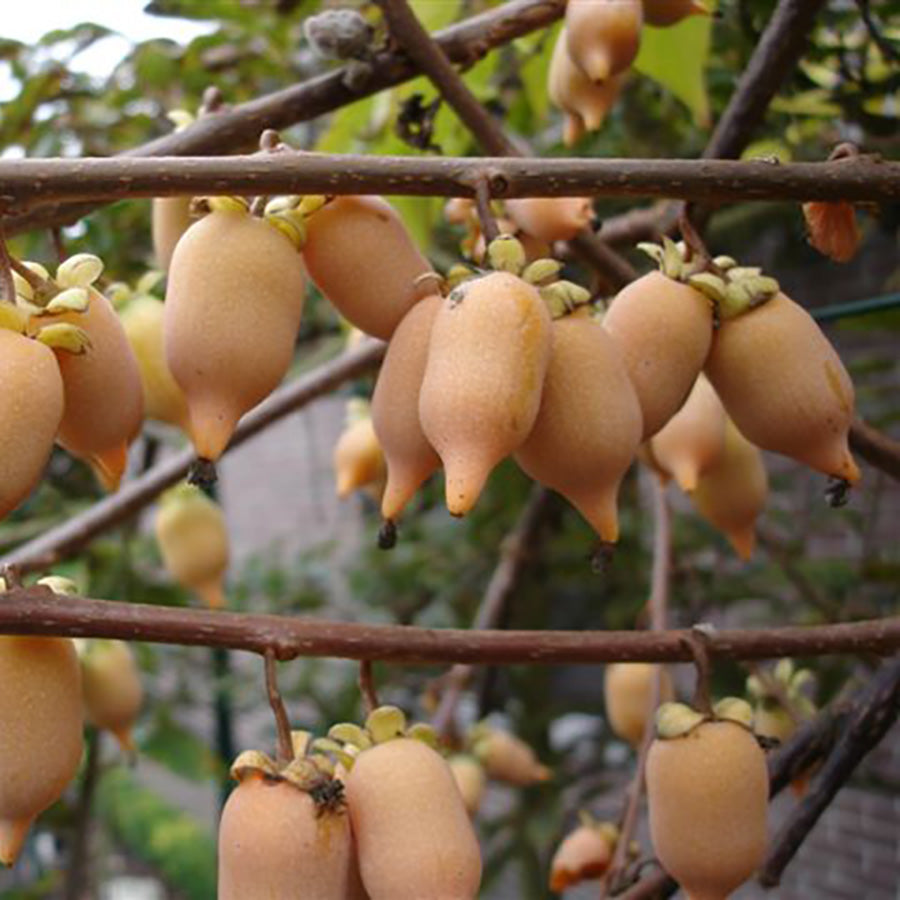
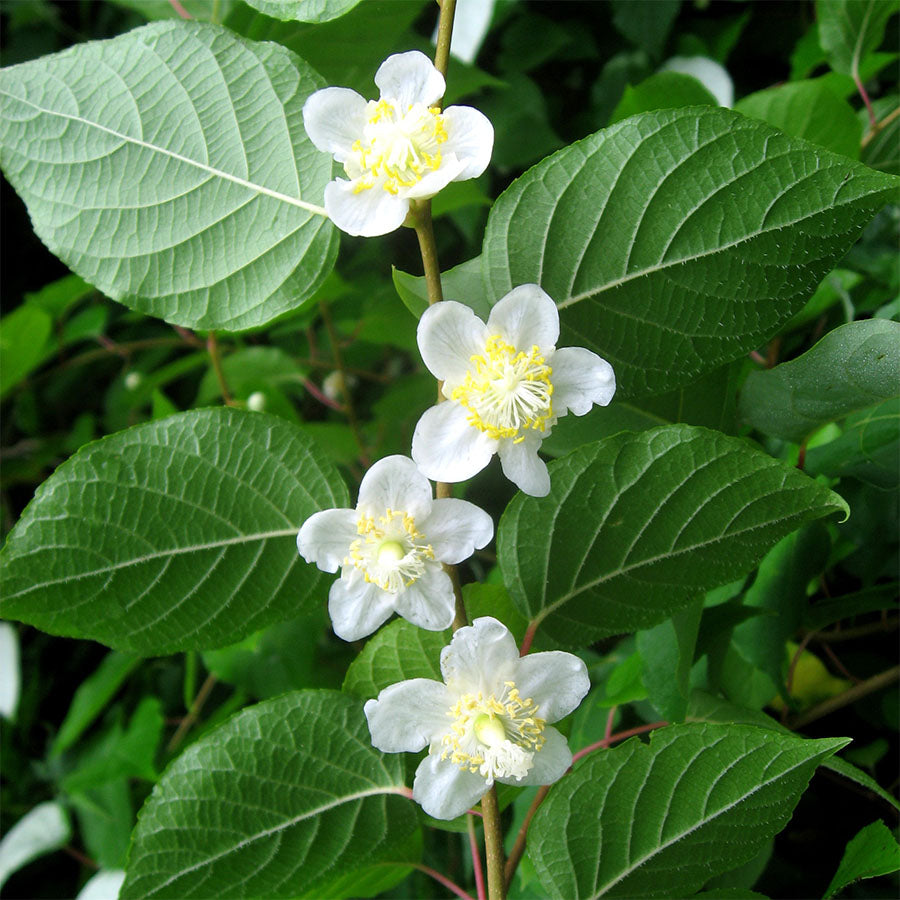

Allgemein |
|
|---|---|
| Art | Japanese kiwiberry (Actinidia polygama) |
| Sorte | Matatabi, silver wine |
| Alter (bei Lieferung) | ca. 2 Jahre |
| Größe (bei Lieferung) | 60 - 80 cm |
| Pflanzzeit | ganzjährig, nach dem letzten und vor dem ersten Frost |
| Bestäubung | Bestäubersorte required, sufficient for up to 6 Japanese kiwi berries (Actinidia polygama) |
| Blütezeit | Mai |
| Blüte / Ertrag | jährlich, ab 2. – 4. Standjahr |
Standort & Pflanzung |
|
|---|---|
| Lichtverhältnisse | halbschattig bis sonnig |
| Winterhärte | bis -25°C |
| Winterschutz | kein Schutz notwendig, in Spätfrostlagen frische Austriebe bei Frost abdecken |
| Boden | säuerlich-humos (z.B. Rhododendronerde) |
| Wasserbedarf | moderat, Wurzeln feucht halten |
| Düngung | Kiwibeeren-Dünger |
| Wachstum | Kletterpflanze, Rankhilfe erforderlich z.B. Gartenzaun, Spalier (Kiwiri RANKI™), Pergola |
| Pflanzort | im Außenbereich (Garten, Balkon, Terrasse) |
| Pflanzart | im Boden oder Topf (ca. 40 l Volumen) |
| Wurzelsystem | Flachwurzler |
| Empfohlener Pflanzabstand | 1 - 2 m |
Früchte |
|
|---|---|
| Erntezeit | Early ripening time (September) |
| Fruchtfleisch | green |
| Fruchtschale | yellowish, edible |
| Fruchtgewicht | Small (5 – 8 g) |
| Aroma | slightly bitter, savory |

